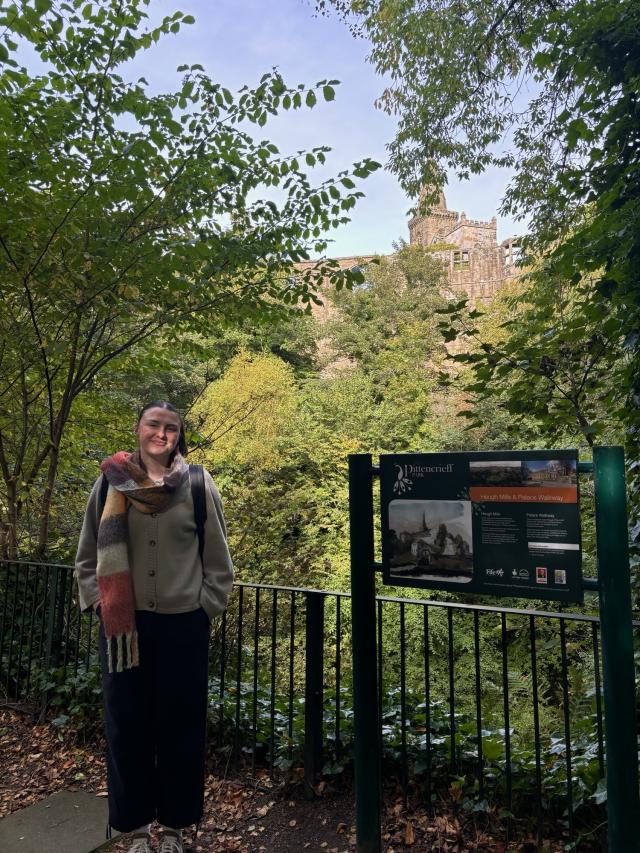
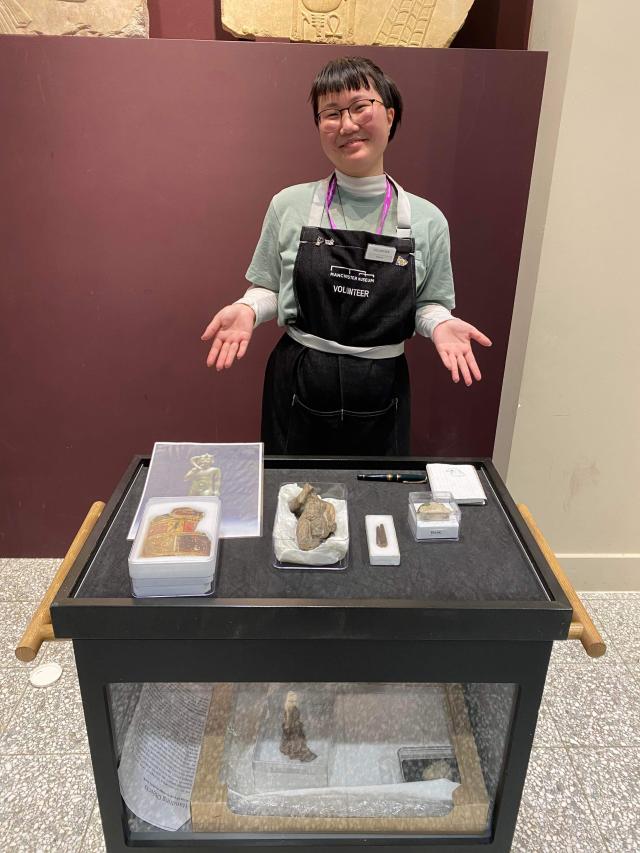
Pictured above left: Rebecca Jackson and above right: Deborah Ng.
At the end of September, we sponsored recent graduates, Rebecca Jackson and Deborah Ng, in attending the Heritage Trust Network Conference 2024 in Glasgow.
This gave them the valuable opportunity to connect and network with heritage professionals, be inspired by industry speakers and take part in discussions.
The bursary is something that Buttress has sponsored for the past few years, and every year, it has been gratifying to hear about the experience and learnings our recipients received from attending the conference.
Last week, we sat down with our bursary recipients to talk about their experience at the conference and what they think is the future of heritage.
Q: If you had to summarise the conference in one word or phrase, what would it be?
R: Open. Everyone was really welcoming and eager to engage in conversation, and discussion flowed well throughout.
D: A professionally intimate experience.
Q: What was the highlight of the conference for you?
R: The highlight was meeting people in the sector.
It was really interesting to see the ongoing projects people are working on, and the problems or successes people have experienced. There was also a few young people attending, who were in the same position as me, so I’ve made sure to keep in touch with them as being able to speak to people who are in the same point of their careers as me was really insightful.
D: My personal highlight was the breakout sessions. I came to the conference with the intention of learning about the latest practices where I lack experience. I thought I’d be the most inexperienced at the conference but everyone was learning at the same time.
Q: What were your biggest takeaways from the workshops?
R: For me, the biggest takeaway was a discussion we had about the concept of failure in the arts, culture and heritage sector. By recognising what failure can look like in past or future projects, individuals and organisations can better achieve their objectives and mission. To affect change - especially with EDI - there needs to be an honest dialogue about failure and how to improve on it.
D: I'd previously lacked knowledge about the variety of different sectors and people involved in historical conservation and the importance of architects and engineers in making decisions. The session I attended was a very beneficial reference if I work on these kinds of conservation projects in the future. The session provided me with essential key takeaways - and with the use of cakes!
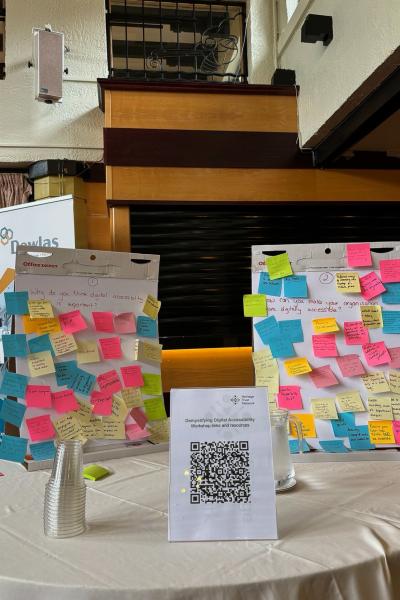
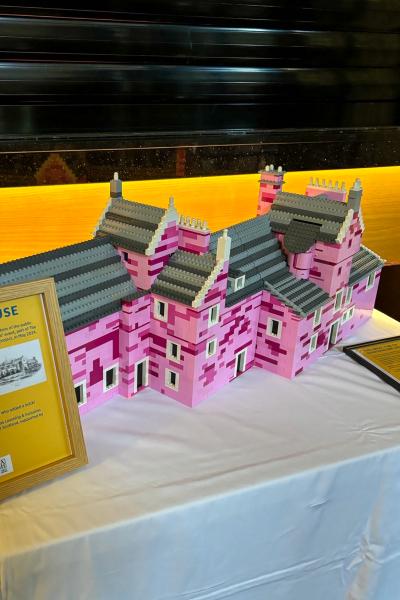
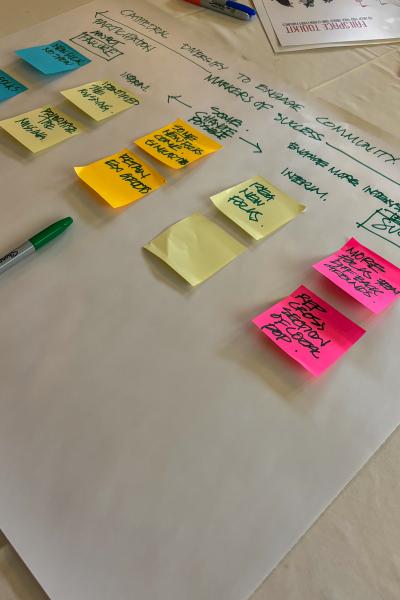
Pictured above: Creative workshops at the Heritage Trust Network conference
Q: What topics discussed at the conference felt most relevant to the heritage industry today?
R: There was a lot of discussion about funding, especially given the current climate and the uncertainty surrounding a new government. I think it’s always a concern in the sector, but it was good to see grassroots projects seeking help and guidance on the issue. It was also noted that organisations cannot operate in isolation – a key theme throughout the conference was the importance of collaborative work.
D: Sustainability – not only in terms of climate actions but also with funding, resources and audience engagement. When I spoke with Lucy Ashcroft about challenges in historic conservation projects, we talked about how historic building accessibility is currently one of the most important considerations in contemporary conservation practices. I think the industry is looking for a creative way to approach sustainability, which is why a conference is so important for exchanging ideas.
Another big topic was inclusion in cultural heritage. I’ve been active in EDI advocacy work but am mostly familiar with the museum side of increasing access to heritage through engagement. Inclusion has to be carefully considered, whether that’s cultural or accessibility in built heritage, and advocating for it is more important than ever.
Q: Has attending the conference influenced your career goals or aspirations?
R: Attending the conference has helped me build networking connections and it has boosted my confidence. I feel a lot more comfortable engaging with other professionals now. It also made me reflect on so many aspects of heritage that I haven’t considered before and areas that were not explored during my degree.
D: Getting a career in heritage isn’t easy – and many early professionals that I’ve spoken to have felt the same. After the conference, I definitely feel a stronger connection and desire to pursue this career. If anything, I felt that I want to share even more about cultural heritage with people around me.
Thank you to our bursary recipients for their insights. It was great meeting the two of you – and we wish you luck in your heritage careers going forward.